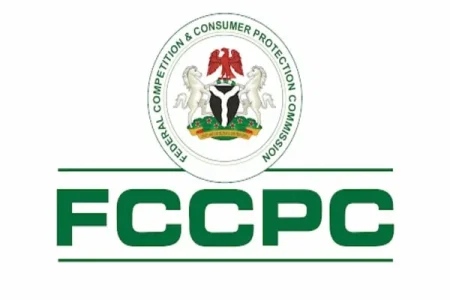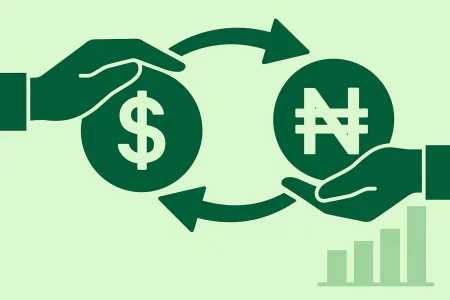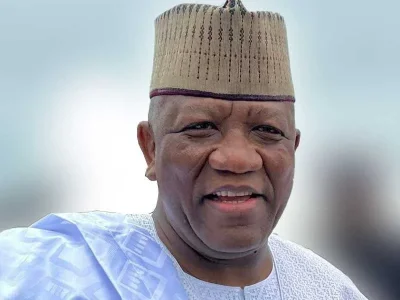
The FCCPC has accused market cartels of manipulating food prices in Nigeria. CEO Tunji Bello highlighted exploitative practices during a Lagos town hall meeting. The commission is focused on curbing anti-competitive behaviors while urging traders to adopt fair pricing amid government efforts to stabilize inflation.
The Federal Competition and Consumer Protection Commission (FCCPC) has raised concerns over the role of market cartels in Nigeria's soaring food prices. Speaking at a town hall meeting in Lagos, FCCPC CEO Tunji Bello revealed that cartels in various markets are forming alliances to manipulate food costs, exploiting consumers by enforcing price hikes.
According to Bello, while the removal of fuel subsidies and fluctuations in the exchange rate have impacted prices, the cartel-driven increases are disproportionate. He noted that these groups often impose membership fees to control market participation, preventing fair competition. "These practices are illegal and harmful to the consumer," Bello emphasized, citing the FCCPC's mandate to combat anti-competitive behaviors under the FCCPC Act. Offenders face fines of up to N10 million and potential jail terms.
In response to government efforts, Bello highlighted that President Tinubu’s removal of taxes on essential goods like food and pharmaceutical products aims to ease economic pressures. However, he warned that these measures would be ineffective if the benefits do not trickle down to consumers.
Market leader Folasade Tinubu-Ojo, also present at the meeting, urged traders to support the government's reforms by adopting fair pricing practices, encouraging consideration and responsibility amid rising inflation.
The FCCPC had recently given traders a one-month moratorium to reduce inflated prices, but the directive was met with public skepticism. Many Nigerians criticized the move as an attempt to control market prices amid challenging economic conditions. The FCCPC clarified that its focus is on preventing exploitative practices, such as price fixing and gouging, rather than controlling prices directly.
As the moratorium approaches its end, the FCCPC may initiate enforcement actions against offenders, ensuring that fair competition prevails in Nigerian markets and consumers are not unduly burdened by unjustified price hikes.




